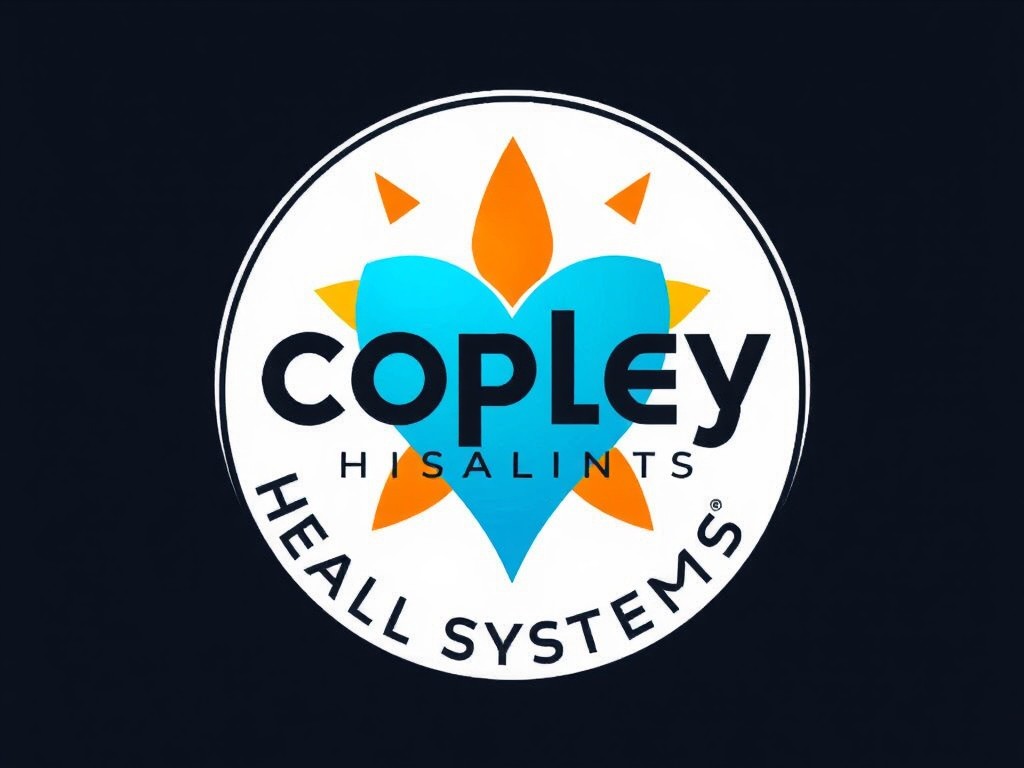Music therapy offers more than just melodies; it serves as a beacon of hope for seniors grappling with cognitive decline. Research highlights how simple tunes can evoke profound memories, enhance mood, and foster meaningful connections. By engaging with music, elderly individuals experience joy and improved well-being, creating opportunities for cherished moments with loved ones. This exploration reveals the life-changing potential of music therapy, urging families and caregivers to embrace this powerful tool for enhancing quality of life in their senior years.
Overview of Music Therapy
Music therapy is a therapeutic approach that harnesses the power of music to improve mental and physical health. This practice involves using music to address emotional, cognitive, and social needs of individuals. Key principles include active engagement with music through activities like singing, playing instruments, or listening, which can stimulate neurological functions and promote healing.
Also to see : Strengthening Bonds: Exploring Local Community Programs for Seniors to Stay Socially Connected
Historically, music therapy has roots in ancient civilizations, where music was used in healing rituals. The modern development of music therapy began in the 20th century, gaining recognition as a formal discipline. It evolved through research and practice, establishing itself as a credible therapeutic method.
For seniors, music therapy holds significant importance. It can help mitigate cognitive decline, often associated with aging. Engaging with music can enhance memory, reduce anxiety, and improve overall well-being. This therapeutic approach is particularly beneficial in dementia care, where it can trigger memories and emotions, fostering connections and communication.
In parallel : Exploring the Impact of Omega-6 Fatty Acid Intake on Inflammation in Older Adults
By incorporating music therapy, seniors can experience improved quality of life and emotional support. It provides a non-invasive, enjoyable way to address various health issues, making it a valuable addition to healthcare strategies for the elderly.
Scientific Studies Supporting Music Therapy
Music therapy has been extensively studied, with research studies highlighting its benefits for cognitive health. A significant body of evidence suggests that music therapy can play a crucial role in mitigating cognitive decline. For example, a study published in the Journal of Alzheimer's Disease found that regular engagement with music can lead to improvements in memory and attention in older adults. This study underscores the potential of music therapy in enhancing cognitive functions.
The benefits of music therapy are further supported by research from the American Psychological Association, which demonstrated that music therapy not only aids in cognitive health but also reduces stress and anxiety levels. Participants who engaged in music therapy sessions showed a marked improvement in mood and cognitive performance.
When discussing the reliability and validity of these findings, it is important to note that many studies utilize rigorous methodologies, including randomized controlled trials, to ensure accurate results. However, as with any therapeutic approach, individual outcomes may vary. Overall, the growing body of evidence supports the integration of music therapy into healthcare practices, particularly for those experiencing cognitive decline. This approach offers a non-invasive, enjoyable, and effective way to promote cognitive health and well-being.
Personal Stories and Testimonials
Personal experiences and testimonials reveal the transformative effects of music therapy on seniors' lives. These narratives highlight how music therapy can significantly enhance quality of life and emotional well-being.
One compelling case study involves an elderly woman named Margaret, who, after being diagnosed with dementia, experienced increased agitation and confusion. Her family introduced her to music therapy, and the results were remarkable. Margaret's daughter shared, "Music therapy brought back a part of her we thought was lost. She started to smile and even sing along to her favourite tunes. It was like seeing a light turn back on."
Caregivers also attest to the benefits. One caregiver noted, "Music therapy sessions create a calming atmosphere. Residents become more engaged and communicate better, even if it's just through tapping their feet to the beat."
These personal experiences underscore the profound impact music therapy can have on emotional well-being. Seniors often report feeling more relaxed and joyful after sessions, which can lead to improved social interactions and a sense of connection with others. The testimonials of those who have witnessed these changes firsthand serve as powerful endorsements for the integration of music therapy into senior care strategies.
Techniques Used in Music Therapy
Music therapy encompasses a variety of therapeutic methods and interventions designed to address diverse cognitive conditions. These techniques are tailored to meet the specific needs of individuals, enhancing the overall effectiveness of the therapy.
One common technique involves active music-making, where participants engage in playing instruments or singing. This method encourages self-expression and can stimulate cognitive functions. Another approach is receptive music therapy, which focuses on listening to music. This can evoke emotions and memories, particularly beneficial for individuals with dementia.
Improvisation is also a key technique, allowing participants to create spontaneous music. This encourages creativity and can improve emotional well-being. Additionally, songwriting is used as a therapeutic tool, enabling individuals to express thoughts and feelings through lyrics.
The selection of music plays a crucial role in therapy effectiveness. Music therapists carefully choose pieces that resonate with the individual's preferences and cultural background. This personalisation enhances engagement and therapeutic outcomes.
Participation levels are also considered, with some sessions being more structured while others are flexible, adapting to the participant's comfort and ability. By employing these varied techniques, music therapy offers a versatile and impactful approach to improving cognitive health and emotional well-being.
Emotional and Psychological Benefits
Music therapy offers profound emotional benefits, enhancing overall well-being. Engaging with music can evoke positive emotions, providing comfort and reducing stress. This therapeutic approach encourages self-expression, allowing individuals to explore and process their feelings in a safe environment.
One of the key psychological effects of music therapy is its ability to improve mood. By participating in music sessions, individuals can experience joy and relaxation, which contributes to a more positive outlook. This emotional upliftment can lead to reduced anxiety and depression, promoting mental health.
Music therapy also fosters cognitive improvement. It stimulates brain activity, enhancing memory and attention. This cognitive boost is particularly beneficial for seniors, who may experience age-related decline. By engaging with music, individuals can maintain mental acuity and delay cognitive deterioration.
Moreover, music therapy addresses social interaction. Group sessions create opportunities for community engagement, helping individuals connect with others. This social aspect is crucial for emotional well-being, as it reduces feelings of isolation and loneliness. Through shared musical experiences, participants can build meaningful relationships, fostering a sense of belonging.
In summary, music therapy provides a holistic approach to enhancing emotional and psychological health, offering numerous benefits for individuals of all ages.
Practical Applications and Recommendations
Implementing music therapy effectively requires understanding best practices and having access to the right resources. For senior care settings, it is essential to create a supportive environment that encourages participation. Caregivers should consider integrating music therapy sessions into daily routines, ensuring consistency and engagement.
Guidelines for Incorporating Music Therapy
- Structured Sessions: Schedule regular music therapy sessions to provide routine and stability.
- Personalised Approach: Tailor sessions to individual preferences, using familiar music to foster comfort and engagement.
Suggestions for Caregivers at Home
Caregivers can facilitate music therapy by creating a musical environment at home. Encourage seniors to participate in activities like singing or listening to their favourite tunes. Use simple instruments, such as tambourines or maracas, to involve them in active music-making. It's crucial to choose music that resonates with the individual's cultural background and personal taste.
Resources and Tools
Finding qualified music therapists is vital for effective therapy. Look for professionals certified by recognised organisations, such as the American Music Therapy Association. Online directories and local healthcare providers can offer recommendations. Additionally, explore digital platforms that provide virtual music therapy sessions, expanding access to this beneficial practice.











